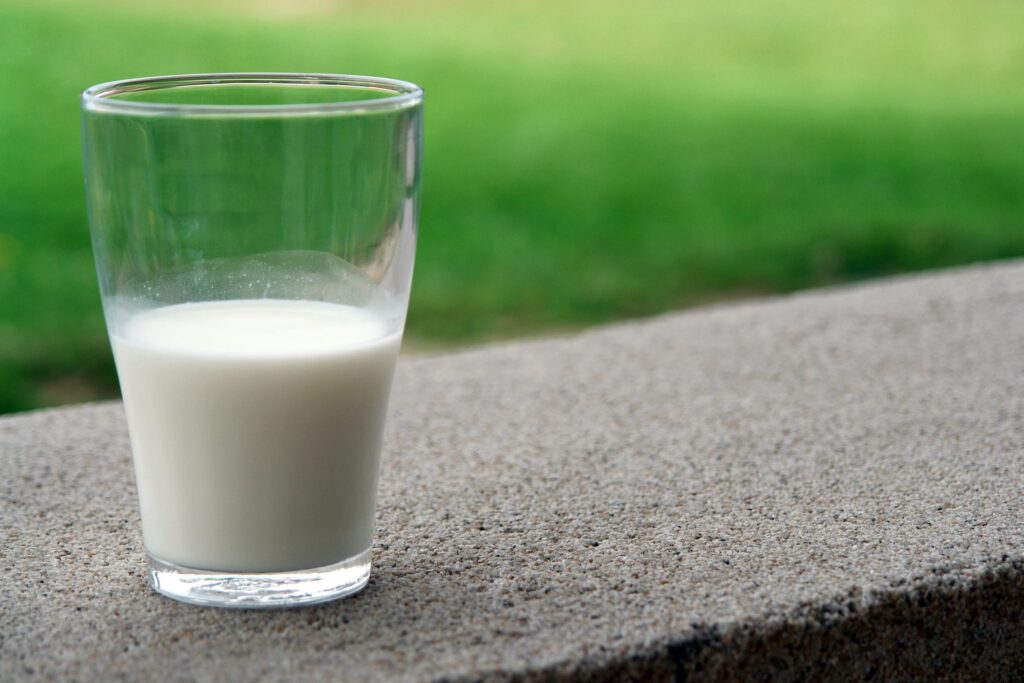(LOS ANGELES) — In journalism, the line between reporting facts and promoting a particular agenda can often blur, giving rise to what is known as advocacy journalism. Not always overt, the intentions of the author remain shrouded, leaving readers unaware that they may be consuming content that actively advocates for a specific viewpoint or cause. A case in point is the article “Plant Milk Is Better for Us and the Climate. So Why Do We Subsidize Dairy?” by Julia Métraux for Mother Jones.
Métraux’s piece appears to be an informative exploration of the dairy and plant-based milk industries, yet beneath the surface lies a subtle agenda. She delves into the environmental impacts of the dairy industry and sheds light on how corporations benefit from low-cost dairy milk. A business like Starbucks, for example, can charge the consumer extra for plant-based milk, but she stops short of explicitly urging readers to abandon dairy. Instead, her advocacy is woven into the narrative through phrases like “Big Milk” and discussions of “progress in curbing emissions.”
In this case, however, it isn’t only a matter of what she wrote, it also has to do with what she didn’t write. What arguments do dairy lobbyists make? Are they also based on facts? Did she skip the opportunity to share an opposing viewpoint?
This may be an instance where the subject matter has clear scientific consensus– the environmental impact of dairy vs. plant-based milk– so presenting a balanced view is unnecessary.
An important key when straddling the advocacy line while remaining ethical is having the data and facts to back up the argument– which Métraux provides. “[Dairy cows] contribute at least 7 percent of US methane output, the equivalent emissions of 10 million cars,” she wrote. Métraux also interviewed experts– Daniel Sumner, an agricultural economist, being one of them. She doesn’t just speak from her experience or her perspective.
The article is informational, but whether this article violates journalistic ethics is tricky. The Society of Professional Journalists’ Code of Ethics states that a journalist should label advocacy and commentary, which Métraux doesn’t. But with facts and data and no call to action, does Métraux need to label her article?
“Plant Milk Is Better for Us and the Climate. So Why Do We Subsidize Dairy?” is an example of advocacy journalism that is masked as an informational article. Because of this, it’s easy to question if it violates journalism ethics. While Métraux presents a data-backed case for the environmental benefits of plant-based milk, a more balanced exploration of the topic might enhance its journalistic integrity.


